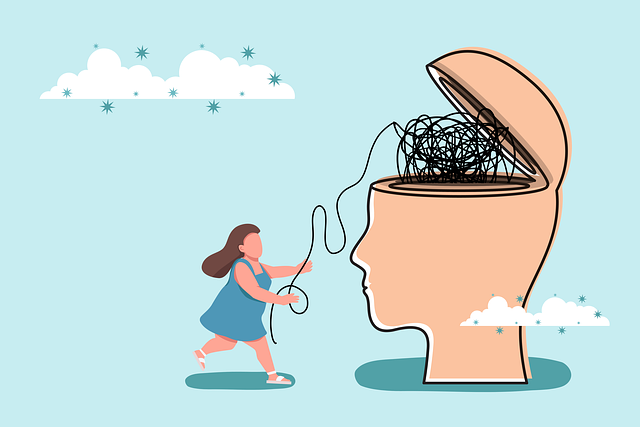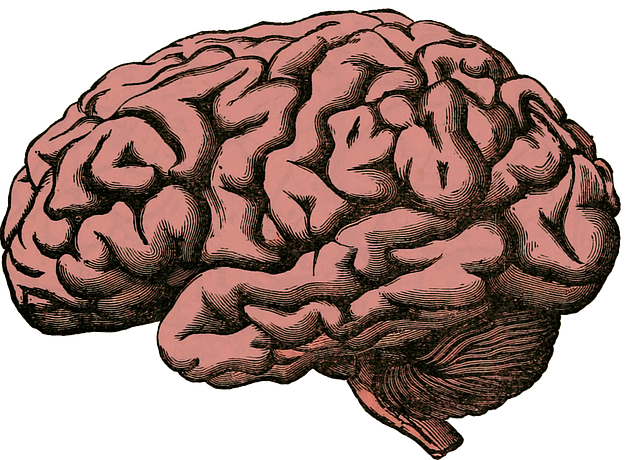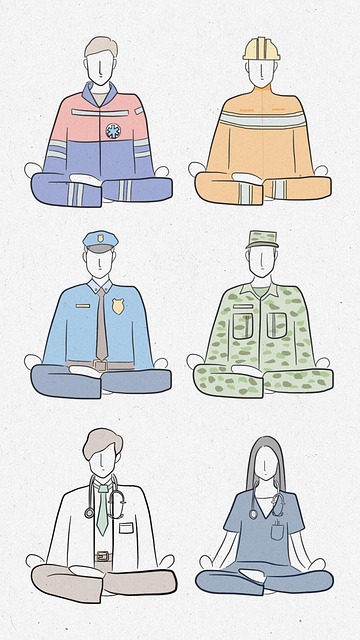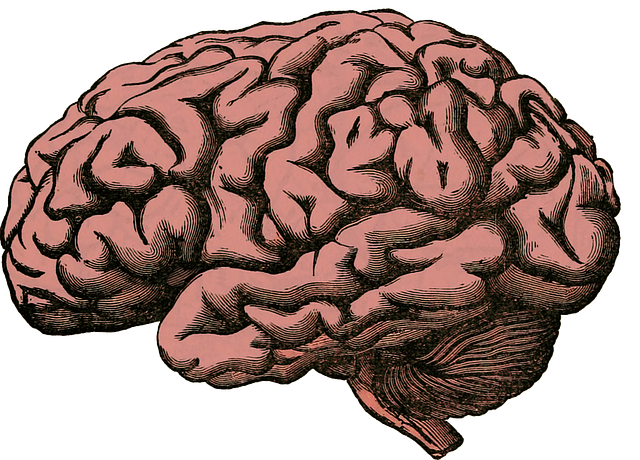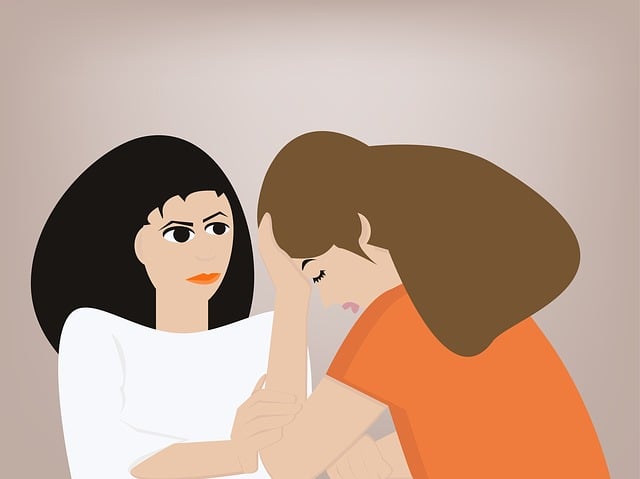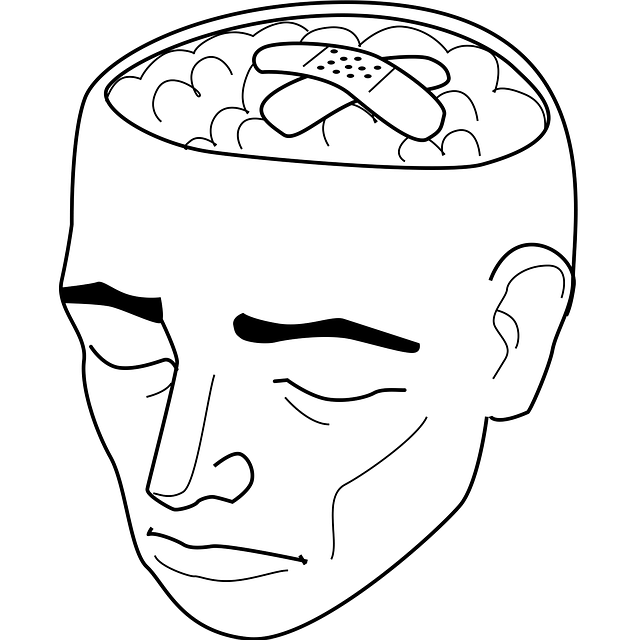Developing culturally sensitive self-assessment tools tailored for French-speaking children is vital in mental health support. Traditional methods often overlook cultural factors, hindering effective therapy due to language barriers and limited access to specific therapy tools. These tools must incorporate empathy towards diverse cultural contexts, address historical trauma, and integrate evidence-based practices like CBT while considering age appropriateness. A rigorous process of testing and feedback is essential for their effectiveness, ensuring these assessments resonate with French-speaking children and foster open discussions about mental health.
Mental wellness self-assessment tools play a crucial role in identifying and addressing mental health issues among children, especially within French-speaking communities. This article delves into the development of culturally sensitive self-assessments tailored to French-speaking children’s unique needs. We explore gaps in current tools and emphasize evidence-based practices for effective design. By examining case studies and expert insights, we guide readers through creating impactful resources for mental health support, ensuring accessibility and relevance in therapy for French-speaking children.
- Understanding French-Speaking Children's Mental Health Needs
- Identifying Gaps in Current Assessment Tools
- Designing Culturally Sensitive Self-Assessment Tools
- Incorporating Evidence-Based Practices in the Development Process
- Piloting and Iterating for Optimal Effectiveness
Understanding French-Speaking Children's Mental Health Needs

Understanding the mental health needs of French-speaking children is a critical aspect of developing effective self-assessment tools. Many challenges unique to this demographic often go overlooked, such as cultural barriers to communication and access to appropriate therapy for children French speaking. These factors can significantly impact a child’s ability to express their feelings and emotions, making it essential to incorporate culturally sensitive approaches in mental wellness assessments.
Empathy building strategies and compassion cultivation practices have proven beneficial in bridging these gaps. By teaching empathy, professionals can help French-speaking children feel understood and supported, fostering an environment where they are comfortable discussing their mental health. Additionally, burnout prevention should be a key consideration when developing self-assessment tools to ensure that both the children and the caregivers involved receive adequate care and avoid the potential adverse effects of prolonged stress.
Identifying Gaps in Current Assessment Tools

In the current landscape of mental wellness support, there is a growing need to bridge the gap between existing assessment tools and the diverse needs of individuals, particularly French-speaking children. Many traditional self-assessment methods may fall short in capturing the nuanced experiences of this demographic, leaving critical areas of concern unaddressed. For instance, while several tools focus on general emotional well-being, they often lack specificity in assessing cultural factors that can significantly influence a child’s mental health.
This gap is particularly evident when considering the role of language and communication styles, which play a vital part in how children express their emotions and needs. French-speaking children may face challenges in finding assessment tools tailored to their linguistic background, hindering effective therapy for children who require specialized support. To enhance mental wellness interventions, developers must incorporate empathy building strategies that resonate with diverse cultural contexts, ensuring tools not only accurately gauge emotional regulation but also foster meaningful mood management techniques within these specific communities.
Designing Culturally Sensitive Self-Assessment Tools

Developing culturally sensitive self-assessment tools is an essential step to ensure effective therapy for children speaking French or any other language. It requires a deep understanding of the target community’s cultural nuances, beliefs, and barriers to mental wellness. For instance, in communities with a history of trauma, such as those affected by recent conflicts or historical oppression, traditional assessment methods might not resonate. Customizing tools to address these specific challenges can foster better engagement and accurate evaluations.
When creating self-assessment resources for French-speaking children, consider integrating elements of cultural therapy and incorporating their language and experiences. This approach can include adapting visual aids, using age-appropriate terminology, and addressing potential language barriers. Additionally, involving community members and mental health professionals who understand the local context is vital for risk management planning. These collaborative efforts can help in identifying potential pitfalls and ensuring the tool’s effectiveness while promoting cultural sensitivity in trauma support services.
Incorporating Evidence-Based Practices in the Development Process

Incorporating evidence-based practices into the development of mental wellness self-assessment tools is paramount for ensuring their effectiveness and reliability. These practices, rigorously tested through research, have proven successful in promoting mental health and well-being. For instance, incorporating cognitive-behavioural therapy (CBT) techniques can help individuals identify and challenge negative thought patterns, a crucial aspect of managing anxiety and depression. By integrating such evidence-based strategies, the self-assessment tools can offer tailored guidance and support, catering to diverse needs, especially for children speaking French.
Targeting specific at-risk groups, like children, necessitates a nuanced approach that resonates with their age and cultural backgrounds. Incorporating empathy-building strategies in these tools fosters a sense of understanding and connection, encouraging younger users to engage openly with the assessment process. Moreover, integrating stress management workshops within the tool can equip children with valuable self-care practices, empowering them to navigate mental health challenges proactively. This holistic approach ensures that the development process remains aligned with current research, making the tools relevant and impactful in promoting mental wellness among French-speaking children.
Piloting and Iterating for Optimal Effectiveness

When developing mental wellness self-assessment tools, piloting and iterating are crucial steps to ensure optimal effectiveness. The initial pilot testing allows for a deep dive into the tool’s usability, identifying areas that may be confusing or lacking clarity. This feedback loop is vital as it enables developers to refine and enhance the assessment, making it more suitable for its intended audience, in this case, French-speaking children. Incorporating input from mental health professionals, parents, and even the children themselves can significantly improve the tool’s validity and reliability.
Additionally, focusing on risk management planning for mental health professionals is essential to ensure the safe and ethical use of these assessments. Cultural sensitivity in mental healthcare practice should also be a core consideration, ensuring that the tools resonate with diverse cultural backgrounds. Compassion cultivation practices can further enrich the self-assessment experience, fostering an environment of understanding and support for the children completing them.
The development of culturally sensitive self-assessment tools tailored to French-speaking children’s mental wellness is a significant step forward in addressing their unique needs. By understanding cultural nuances and identifying gaps in current practices, we can create effective assessment methods that incorporate evidence-based therapies. Piloting these tools will ensure their practical application and iterative improvements, ultimately enhancing the quality of therapy for French-speaking children and their families.
